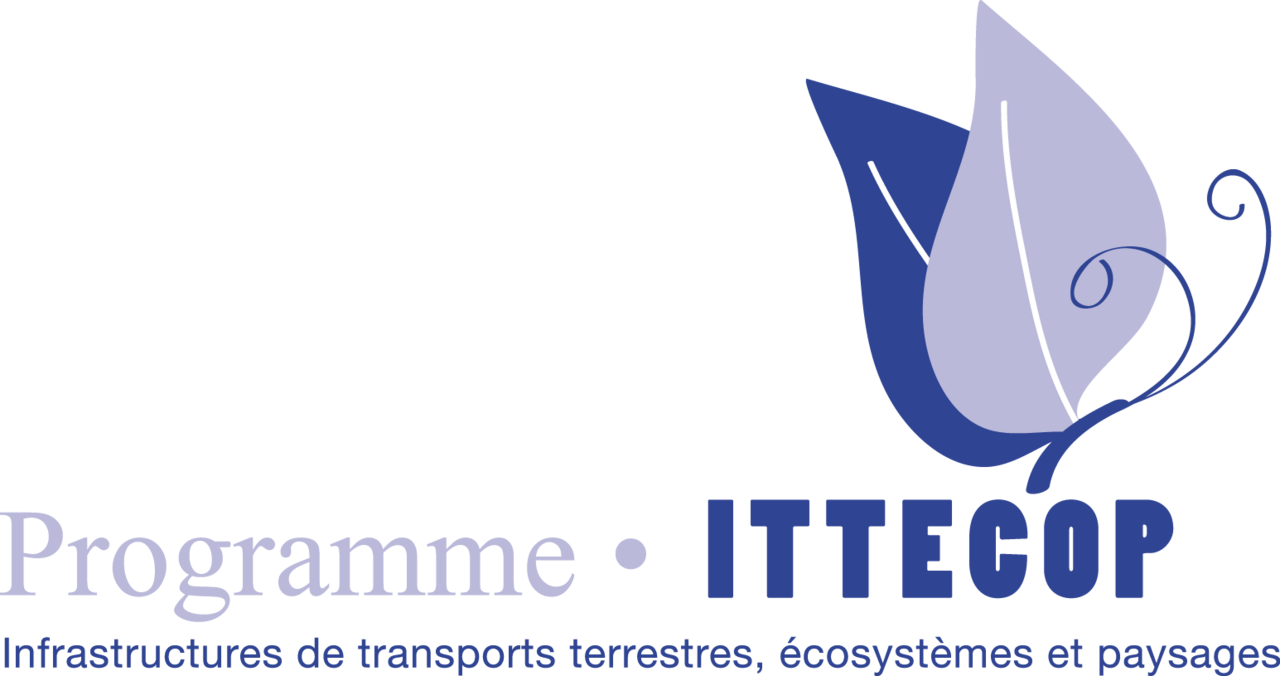Current projects
BrakeAir
2025 - 2026
UGE (research incentive actions) project in partnership with GERS-LEE
The aim is to define a methodology for measuring pollutants produced by light vehicle braking, using chassis dynamometer tests. In particular, it aims to study organic emissions, based on both physico-chemical analysis of brake pads and measurement of volatile organic compounds emitted during braking.
APRES
2024 - 2027
APRES : Appui aux Partenariats pour leur Réussite Écologique et Sociétale - Application aux actions pour les pollinisateurs
The APRES project is the next stage in the PADDLe project, enabling us to validate the solution by testing it in an operational environment.
Its main objective, through the ex-nihilo creation of 4 partnerships for the 4 main types of ILT, is to provide experimental pilots, in order on the one hand to validate/reinforce the methodological proposal on an operational level, and on the other hand to feed the rest of the innovation process, thanks to the partnerships that will operate during the project and beyond.
HORECHAP
2024 -2027
ADEME project in partnership with the LPCA of the Université du Littoral Côte d'Opal.
The aim is to characterize off-exhaust particulate emissions from braking and tire/road contact, emitted by heavy-duty vehicles (thermal and electric) under different driving conditions. It also aims to characterize the particles emitted from a physico-chemical point of view.
RUBBERCITY
2024 - 2026
Led by the Laboratoire Eau et Environnement (LEE) and the Laboratoire Environnement-Aménagement, Sécurité et Éco-conception (EASE)
Tire and road wear particles in urban environments: emissions, transfer and impregnation of urban soils is a fundamental research initiative, funded by ADEME, aimed at providing new scientific knowledge on TRWP emissions (source) and their diffusion in the near environment (atmosphere-deposits-soil continuum).
The project is structured in three parts, to ensure an integrated approach.
- The first focuses on the study of actual tire wear particle emissions using instrumented vehicles.
- The second deals with the quantification of TRWP in the atmosphere.
- The third assesses the degree of TRWP impregnation in the soils of urban parks and roadsides in the city of Nantes (France).
CAYD
Charge As You Drive
2023 - 2026
This BPI-funded project, led by Vinci Construction, aims to evaluate two electric charging systems for heavy-duty vehicle infrastructure (inductive coils under the pavement and conductive rail embedded in the pavement). The project partners are Gustve Eiffel University, Hutchinson, Elonroad and Electreon, with support from Cerema. Following closed-site trials on the Gustave Eiffel University campus in Nantes (riding arena and road track), a trial will be launched on two sections of the A10 motorway.
EROADMONTBLANC
2023 - 2026
This BPI-funded project by Autoroutes et Tunnel du Mont-Blanc (ATMB), in consortium with Gustave Eiffel University, Alstom, Pronergy and Greenmot, aims to test an electrified road solution using a conductor rail on the ground in the Chamonix - Mont Blanc valley. Tests will first be carried out on a demonstrator installed on the Transpolis platform, before implementation on an open road.
CIRR
"asphalt with optimized rolling resistance"
2022 - 2026
The aim of this project, which has been approved as part of the "Routes et Rues" call for innovation projects, is to test on real roads asphalt mix formulas that optimize rolling resistance while maintaining skid resistance performance. The project involves Eiffage Infrastructure and Gustave Eiffel University. The aim is to carry out two to three projects, with Cerema monitoring them over a 3-year period as part of the CIRR program. Gustave Eiffel University will characterize rolling resistance using its e2008 instrumented vehicle.
CONFLUANT
Characterization of emissions from the FLUvial sector, study of secondary pollutants
2023 - 2026
national project (ADEME)
partner IRCELYON
The aim is to characterize pollutant emissions (regulated and non-regulated) from the exhaust of a commercial barge. The formation of secondary organic aerosols will also be studied using a mobile atmospheric simulation chamber installed on the boat. Studies of primary and secondary pollutants will be carried out for a conventional fuel (RNG) as well as for two alternative fuels of interest (B100 and GTL).
CAEFE
CAracterization and comparison of brake and exhaust pollutant emissions from buses under operating conditions
2022-2024
national project (ADEME)
partners CRMT and TELMA
The aim of this project is to characterize the particulate matter produced by braking on a EURO VI school bus, in particular by quantifying the benefits of using the TELMA braking system, which reduces the need for friction braking. Ultrafine particles, VOCs and metals will be quantified. Comparisons will also be made with exhaust pollutants.

